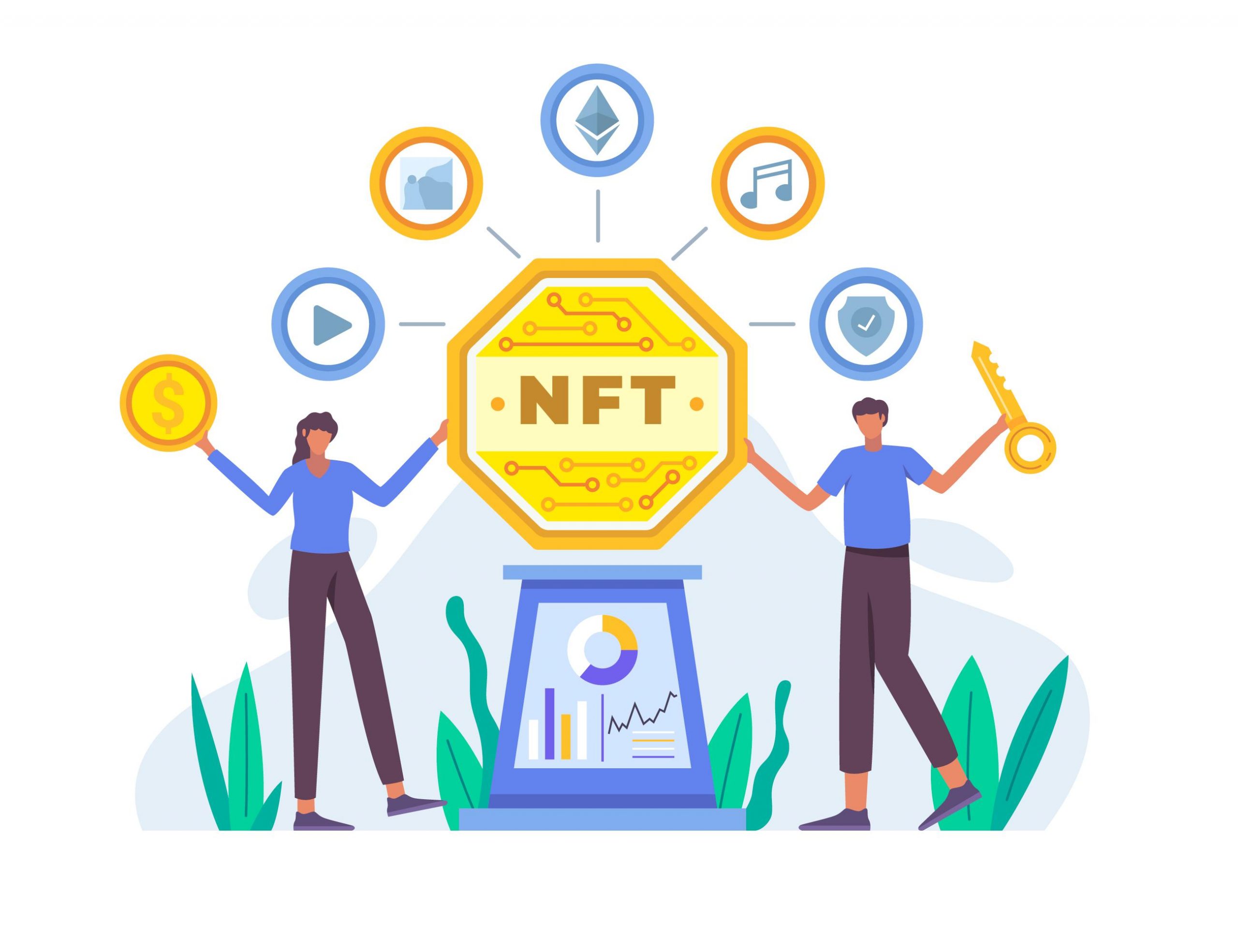A Comprehensive Guide to Becoming an Investment Analyst

An Investment Analyst plays a pivotal role in the financial sector by providing insights and recommendations that guide investment decisions. Their expertise helps businesses, financial institutions, and individuals maximize returns while mitigating risks. This article explores what it takes to become an investment analyst, detailing the skills, qualifications, and career paths involved.
What Does an Investment Analyst Do?
Primary Responsibilities
Investment analysts perform in-depth research on financial markets, stocks, bonds, and other investment opportunities. Their primary goal is to analyze data and trends to advise clients on profitable investments. Some key tasks include:
- Conducting financial research and modeling
- Preparing reports and forecasts
- Monitoring market conditions and economic trends
- Advising on buy, hold, or sell decisions
Areas of Specialization
Investment analysts can specialize in various sectors such as equities, fixed income, or alternative investments. Their role may also vary depending on the organization they work for, such as a bank, hedge fund, or asset management firm. Specialization allows analysts to become experts in a particular market or product, making their insights even more valuable to clients.
Skills Required to Become an Investment Analyst
Analytical Skills
At the core of investment analysis is the ability to evaluate financial data and trends. Strong analytical skills are essential for assessing market performance, interpreting economic reports, and identifying opportunities for profitable investments.
Attention to Detail
Investment analysts must be meticulous. Small discrepancies in financial data or market signals can have significant implications. Attention to detail ensures accurate forecasting and reduces the risk of costly errors.
Communication Skills
Beyond crunching numbers, investment analysts need to communicate their findings effectively. Whether presenting reports to colleagues or advising clients, the ability to clearly explain complex financial concepts is crucial.
Technical Proficiency
Knowledge of financial modeling software, statistical tools, and spreadsheet applications (like Excel) is a must for investment analysts. Familiarity with platforms such as Bloomberg Terminal or Reuters also gives them access to real-time financial data, essential for informed decision-making.
How to Become an Investment Analyst
Educational Requirements
Most investment analysts hold at least a bachelor’s degree in finance, economics, accounting, or a related field. Many employers prefer candidates with advanced degrees, such as a Master’s in Business Administration (MBA), especially for senior-level positions.
Certifications
While not always required, certifications can significantly enhance an investment analyst’s credentials. The Chartered Financial Analyst (CFA) designation is one of the most respected certifications in the field. Earning a CFA involves passing a series of exams covering a range of investment-related topics, from portfolio management to ethics in finance.
Internships and Entry-Level Roles
Starting as an intern or in an entry-level role is an excellent way to break into the investment analysis field. Internships at financial institutions or investment firms provide practical experience and a chance to build a professional network.
Career Path and Advancement Opportunities
Junior Analyst
Most investment analysts begin their careers as junior analysts, working under the supervision of more experienced professionals. Junior analysts are responsible for gathering data, conducting research, and preparing reports for senior analysts.
Senior Analyst
With experience and proven expertise, analysts can move up to senior positions. Senior analysts are often responsible for managing larger portfolios, making high-stakes investment decisions, and mentoring junior team members.
Portfolio Manager
The next step up for a successful investment analyst may be a Portfolio Manager role. Portfolio managers oversee investment portfolios, allocating assets and adjusting investment strategies based on market performance and client objectives.
Investment Manager or Director
At the pinnacle of the career ladder, investment analysts may progress to become investment managers or directors. These roles involve overseeing entire investment teams, setting overall strategy, and managing client relationships at the executive level.
Challenges Faced by Investment Analysts
Market Volatility
Investment analysts work in a field where market conditions can change rapidly. Unpredictable political or economic events, such as recessions or global crises, can dramatically affect financial markets, making their job more complex and stressful.
High-Pressure Environment
The stakes are high for investment analysts, especially when managing large sums of money. Clients rely on their expertise to make profitable decisions, and poor recommendations can result in significant financial losses.
Conclusion
Becoming an investment analyst requires a blend of education, practical experience, and specialized skills. From interpreting complex data to advising on investment strategies, an investment analyst’s work is both intellectually challenging and financially rewarding. With the right qualifications and a passion for finance, this career offers significant opportunities for advancement in the fast-paced world of investments.
















